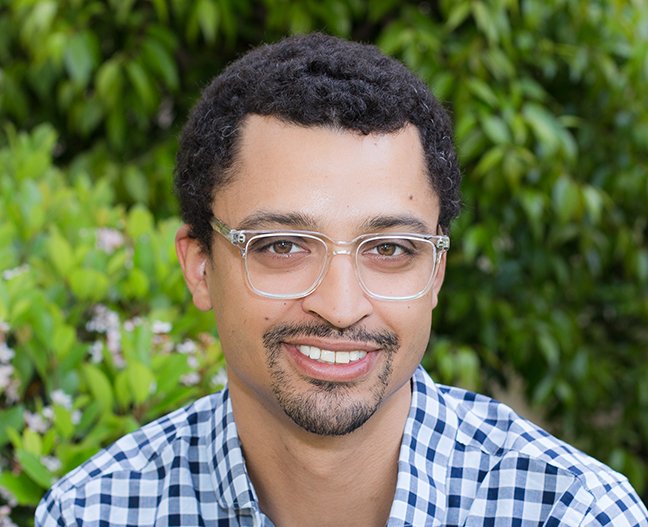Stewart A. Mallory, Ph.D.
Stewart A. Mallory, Ph.D.
Arnold O. Beckman Postdoctoral Fellow in Chemical Sciences
California Institute of Technology (Caltech)
Host: Professor Ilja Siepmann
Phase Behavior and Self-assembly of Active Colloids
In recent years, a new type of synthetic microparticle has captured the imagination of researchers across the physical and biological sciences. These so-called active colloids convert chemical or environmental free energy into irreversible directed motion. Impressively, the active force generated by the particles can lead to self-propelling speeds of tens of hundreds of microns per second. Active colloids challenge our theoretical understanding of nonequilibrium phenomena and simultaneously represent a potentially innovative approach to directed transport and material design at the microscale. In this talk, I will discuss one of the most striking features of active colloids, which is their rich and complex nonequilibrium phase behavior. Special emphasis will be given to motility-induced phase separation where purely repulsive active colloids undergo a liquid-gas phase transition. This talk will provide a quantitative understanding of this phenomenon by generalizing concepts in classical statistical mechanics and liquid state theory to active systems. This newfound understanding can be leveraged to improve the self-assembly of many complex colloidal structures using active colloids.
Stewart A. Mallory, Ph.D.
Stewart A. Mallory, Ph.D., is the Arnold O. Beckman Postdoctoral Fellow in Chemical Sciences at Caltech. Previously, he was the Alliance for Graduate Education & the Professoriate (AGEP) California Alliance Postdoctoral Scholar in Chemical Engineering. He earned his doctorate in chemical physics from Columbia University and bachelors degrees in chemistry and mathematics from the University of Hawaii. Using a combination of cutting-edge computer simulations and analytical theory, his research revolves around developing novel techniques to manipulate, direct, and self-assemble matter at the micro-scale. He is interested in understanding how colloidal active matter can be used as a tool to engineer the microscopic for applications such as targeted drug delivery to specific cells, the clean-up and neutralization of environmental pollutants, self-propelled micro-tools, and the massive parallel assembly of microscopic structures. A significant thrust of his research is developing advanced computational methods that provide a consistent and faithful description of colloidal systems with the highest level of computational efficiency.
